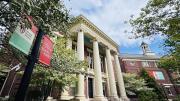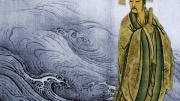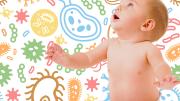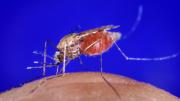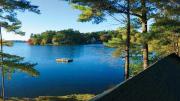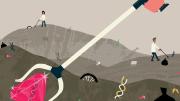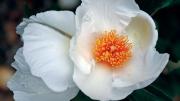Science & Technology
China's Great Flood May Be No Myth
Researchers unearth geological evidence to support one of the country’s earliest folk legends.
by Lydialyle Gibson
Naomi Oreskes on How to Write about Science
Naomi Oreskes on climate change, politics, and advice for science journalists
by Marina N. Bolotnikova
Are Hospital Pay-for-Performance Programs Failing?
Harvard researchers ask whether market incentives can improve healthcare.
by Marina N. Bolotnikova
New Study Calls Subway Germs Mostly Harmless
Curtis Huttenhower and colleagues analyze bugs on Boston’s T.
by Aidan Langston
How Antibiotics Disrupt Babies’ Microbiomes
Killing good bugs as well as bad may harm early immune “education,” say Harvard scientists.
by Lydialyle Gibson
Bacteria That Fight Malaria
Harvard scientists find Wolbachia protective.
by Aidan Langston
Sweet Sweat
The benefits of sweating at a traditional Finnish sauna in Pembroke, Massachusetts
by Nell Porter-Brown
Why Sex Succeeds
Sex preserves beneficial mutations, and allows harmful ones to be purged.
by Erin O'Donnell
The Plant Prospectors
Collecting expeditions race the anthropocene extinction to sample wild botanical diversity.
by Jonathan Shaw
Broad Institute Researchers Find New Method to Edit RNA
Feng Zhang ’04 and his team build on previous discoveries in editing DNA.
by Aidan Langston
